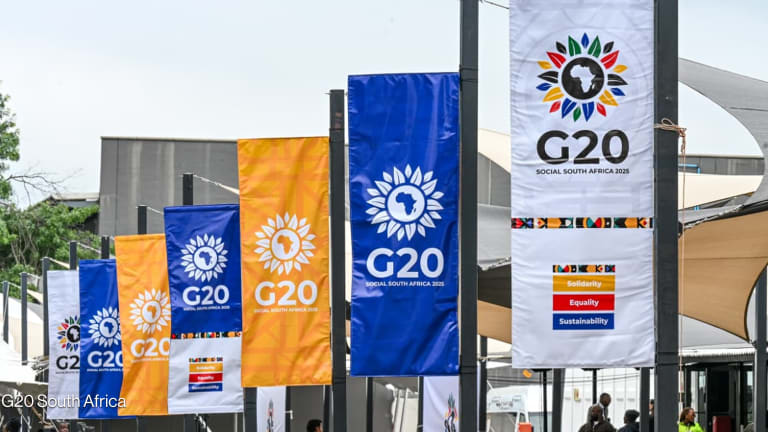Progress toward greater financial and social equality is under threat in parts of Eastern Europe and Central Asia and this could jeopardize the region’s ability to meet the Sustainable Development Goals which calls for reduced inequality within and between countries.
These concerns are raised in a new United Nations Development Program report “Progress at Risk,” which finds women in the region are 30 percent less likely to be employed than men, but perform two and a half times more unpaid domestic work. Labor migrants, ethnic minorities and people living with HIV/AIDS or disabilities are also facing serious risks, the report said.
Slow economic growth in Europe and falling commodity prices, which have hit oil exporting countries in the region, are in part to blame for the backward trend, according to UNDP.
Read more #Global2Local stories:
► How engaging social media can include both young and old
► Why social inclusion in Colombia is more important than ever








